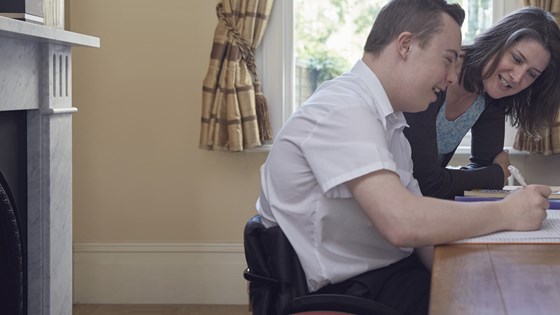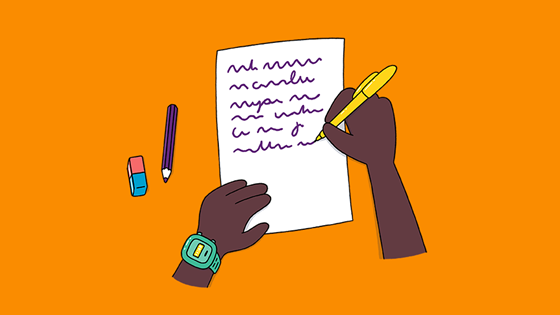Sometimes it's hard to know how to bring up a difficult issue, or you might be worried about how someone will react.
Try starting by talking about something else that mentions the issue. It could be anything, like Facebook, TV or a book. Or even something at school.
You could also try saying that you're asking for a friend. Sometimes it's easier to talk when you're pretending you aren't talking about yourself. If the person you speak to is supportive, you could tell them that it's really about you.
Young people have told us:
- "I found it hard to tell my dad I have anorexia, so I said: 'What do you think about that person on Hollyoaks who is anorexic?'"
- "It was too difficult to say to my grandma that my mum hits me, so I said: 'Today at school we talked about what domestic violence is."
- "I first told my mum that I feel low all the time by asking her if she had seen a show on TV about depression."














